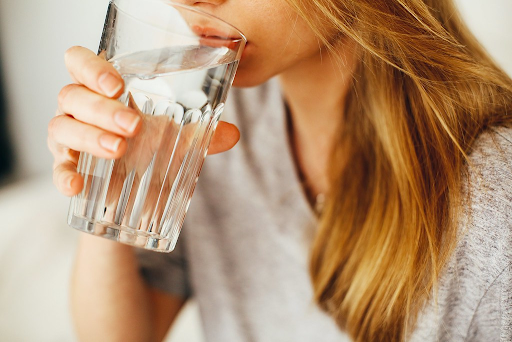Before you chug another glass of water in the name of health, a kidney specialist urges you to pause and think. The widespread belief that “more is better” when it comes to water is a dangerous oversimplification. True health lies in balanced hydration, not excessive consumption that can strain your body’s most vital systems.
Our kidneys are tasked with the critical job of maintaining homeostasis—the body’s stable internal state. Water is the medium they use to flush out waste and balance electrolytes. For this, most adults need a total of two to three liters of fluid daily. This amount supports the kidneys without overburdening them.
When you consistently drink more water than your body needs, you are not helping your kidneys; you are creating more work for them. This additional strain can disrupt the precise concentration of electrolytes, which are essential for nerve and muscle function. The body’s well-regulated system is thrown into chaos by the sheer volume of fluid.
This disruption can culminate in a serious condition called hyponatremia, where the sodium in your bloodstream becomes dangerously diluted. This can cause cells, particularly brain cells, to swell, leading to symptoms like confusion, vomiting, and seizures. In extreme cases, it can be fatal if not treated promptly in a hospital setting.
It’s important to recognize that hydration needs vary. An office worker has different needs than a professional athlete or a roofer working under the hot sun. These high-exertion individuals require a calculated increase in fluids, often with added electrolytes. For everyone else, the simplest and safest guide is your own body’s sense of thirst and aiming for urine the color of pale lemonade.



